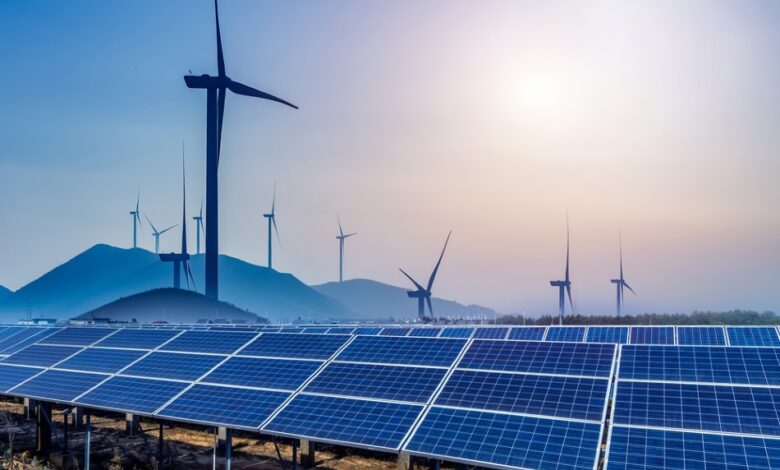Ghana’s energy sector faces challenges after US withdrawal from Paris Climate Accord

The United States’ withdrawal from the Paris Climate Agreement under President Donald Trump poses both challenges and opportunities for Ghana’s energy sector, according to Denis Gyeyir, Economic Analyst and Africa Programme Officer at the Natural Resource Governance Institute (NRGI).
Gyeyir noted that the decision, though unsurprising given Trump’s stance on hydrocarbons and climate change, represents a setback for global climate action. A significant concern is the potential stifling of funds for climate-related initiatives, as resources may be redirected toward hydrocarbon production. This shift could have long-term implications for countries like Ghana, where climate resilience funding is critical.
For Ghana, the increased availability of funding for hydrocarbon exploration may temporarily benefit the country’s oil sector. Gyeyir highlighted that declining hydrocarbon production has been a concern in recent years. With oil companies exiting Ghana’s shores, the Trump administration’s policies might encourage exploration activity, aligning with the country’s current strategic goals. However, Gyeyir emphasized the need for regulatory reforms, fiscal incentives, and a proactive government approach to attract such investments.
Nonetheless, he cautioned against over-investment in hydrocarbons, noting the inherent risks of shifting US policies. A future administration could re-enter the Paris Climate Agreement, potentially redirecting funds back to climate action. Given the lengthy timelines for hydrocarbon projects—often spanning over a decade—investments made now might fail to materialize before another policy reversal occurs, leaving Ghana with stranded assets and unrealized projects.
Gyeyir underscored the importance of a balanced approach, recommending that Ghana carefully position itself to benefit from current opportunities while safeguarding against future uncertainties in global energy policies.




